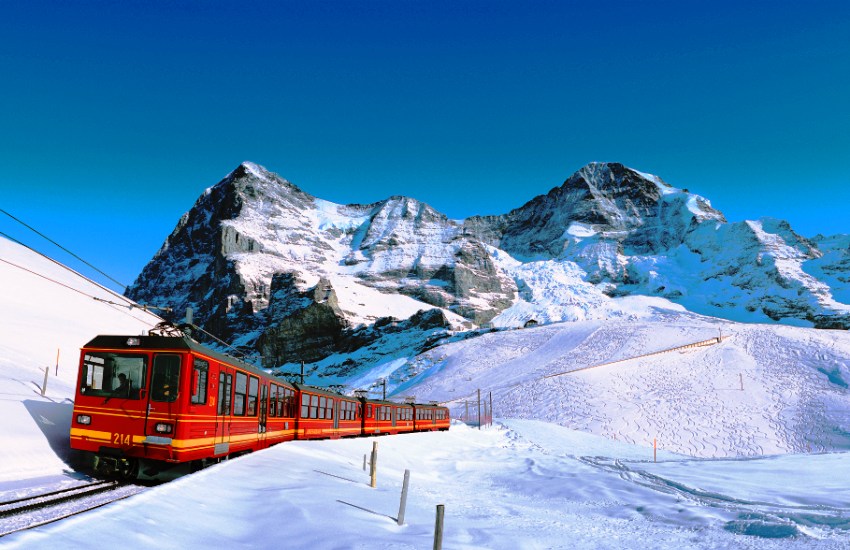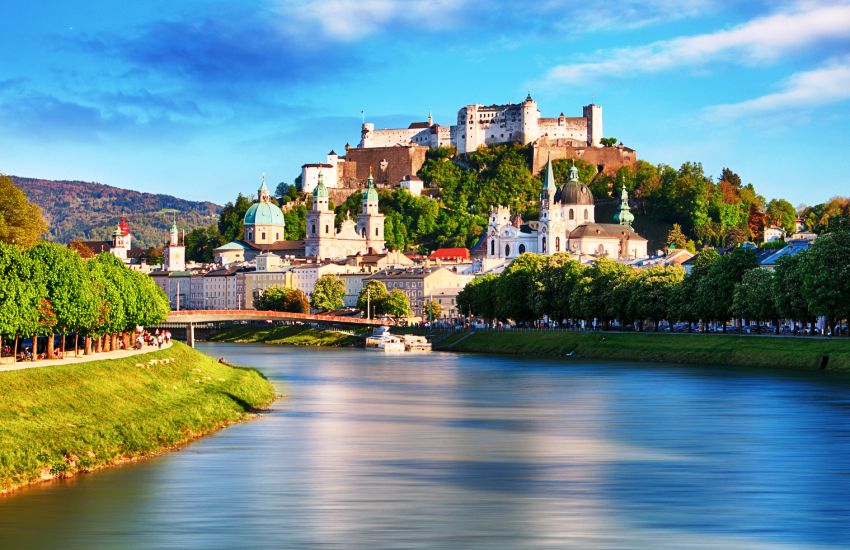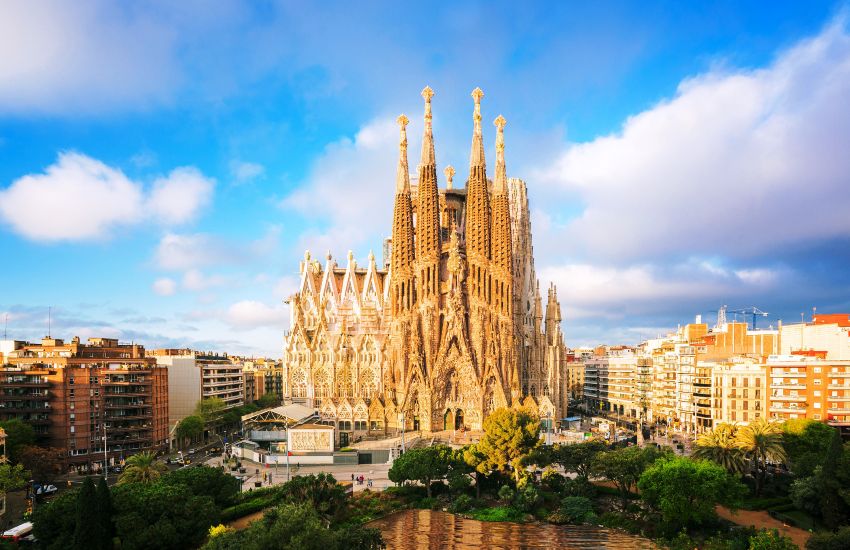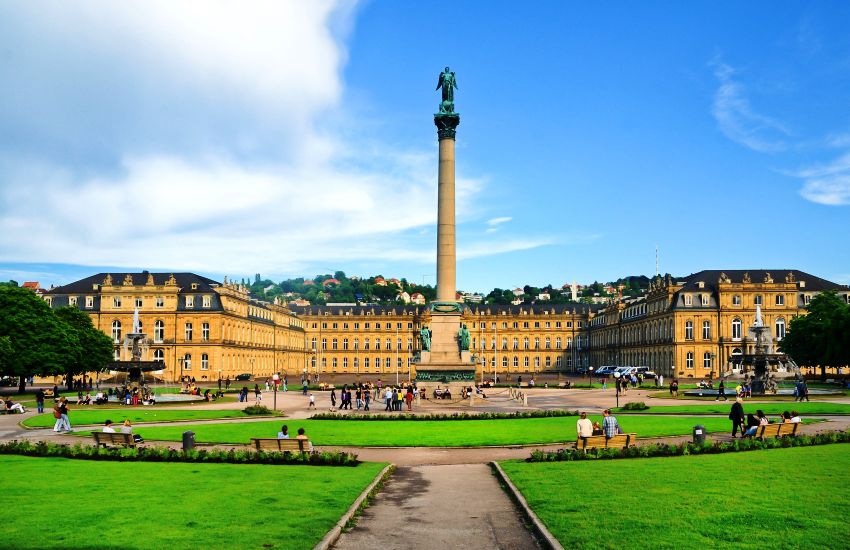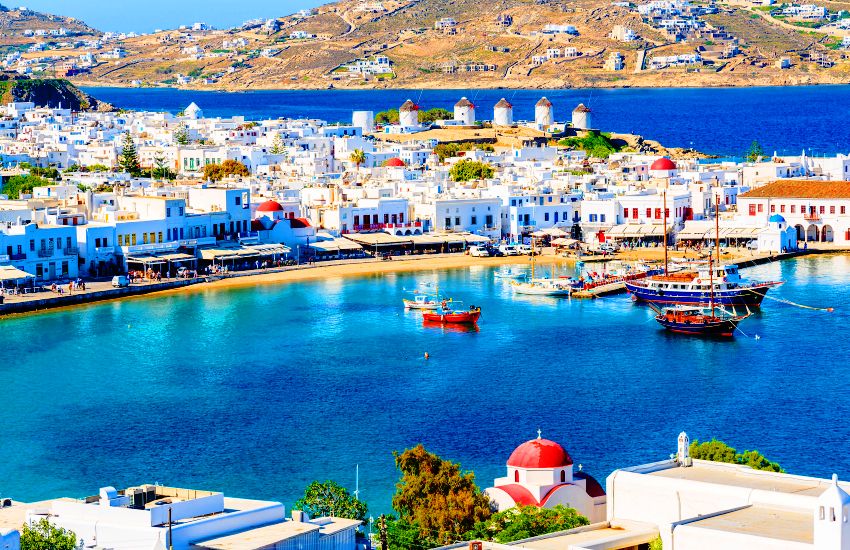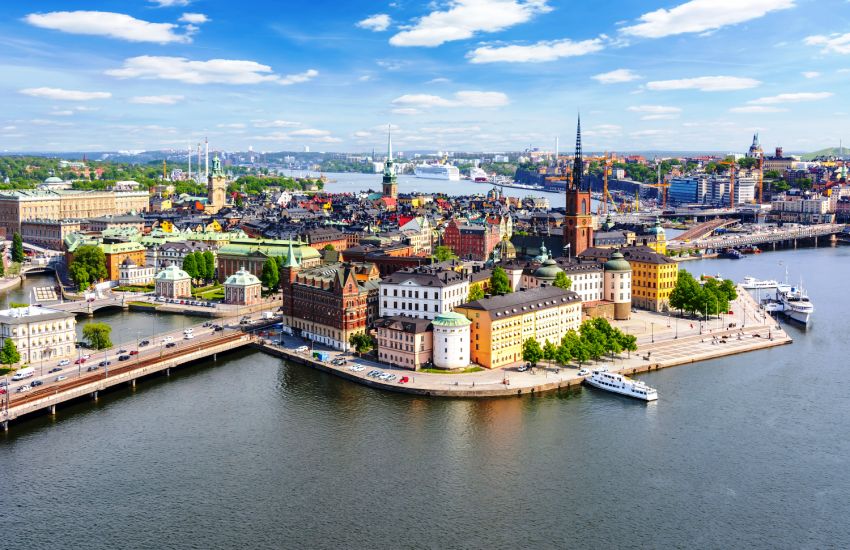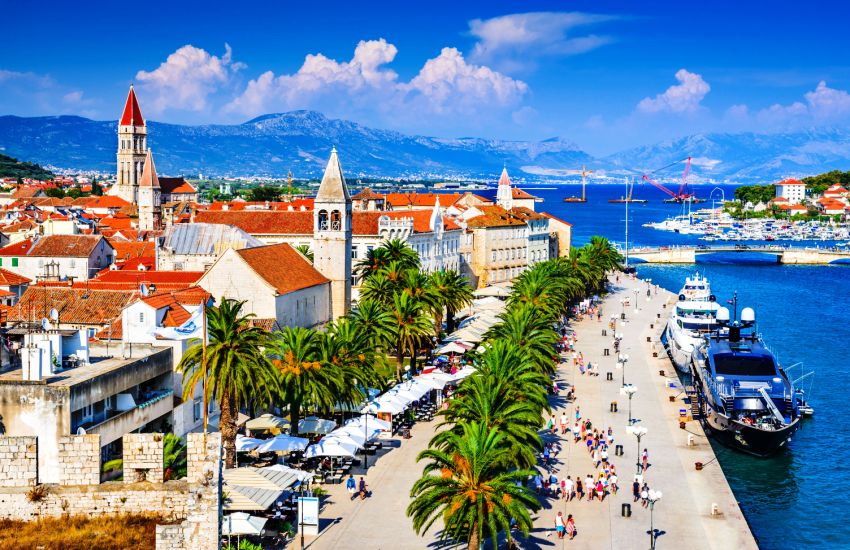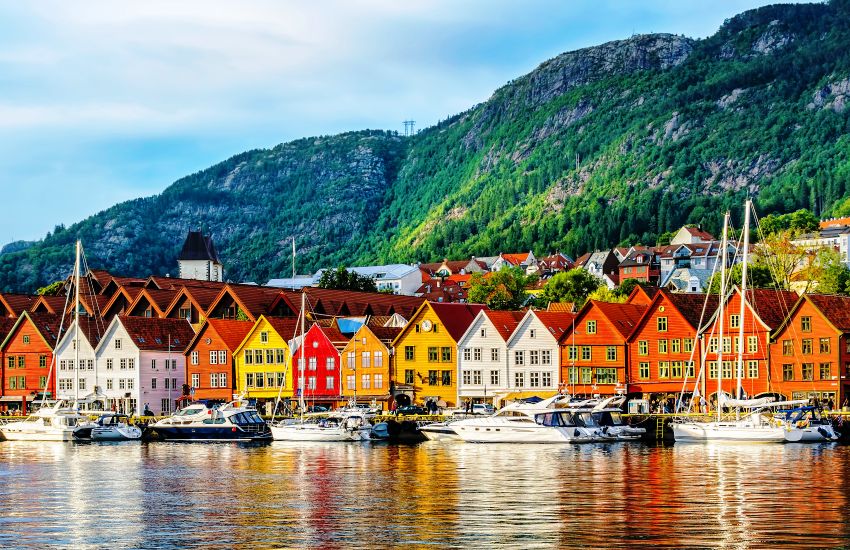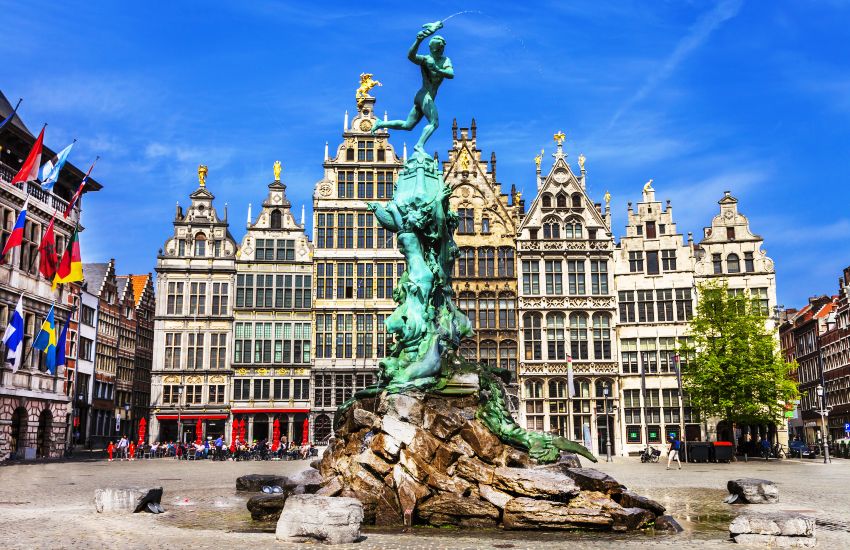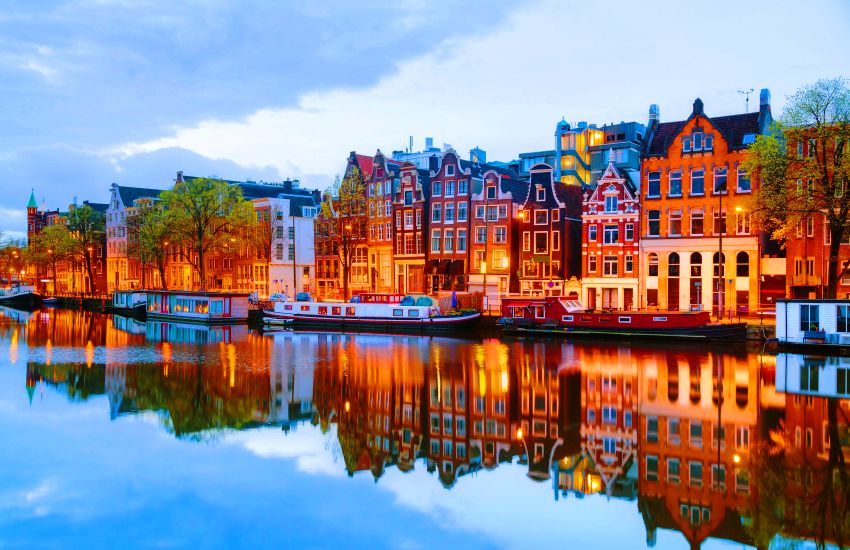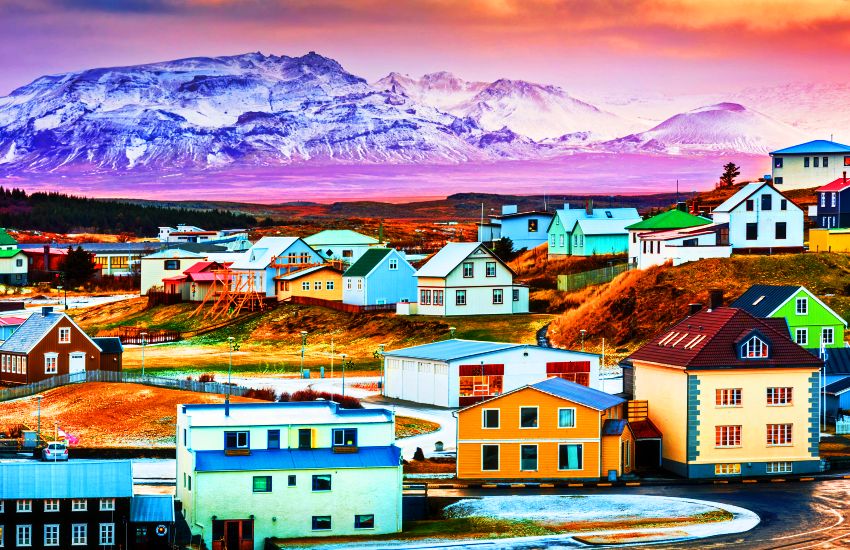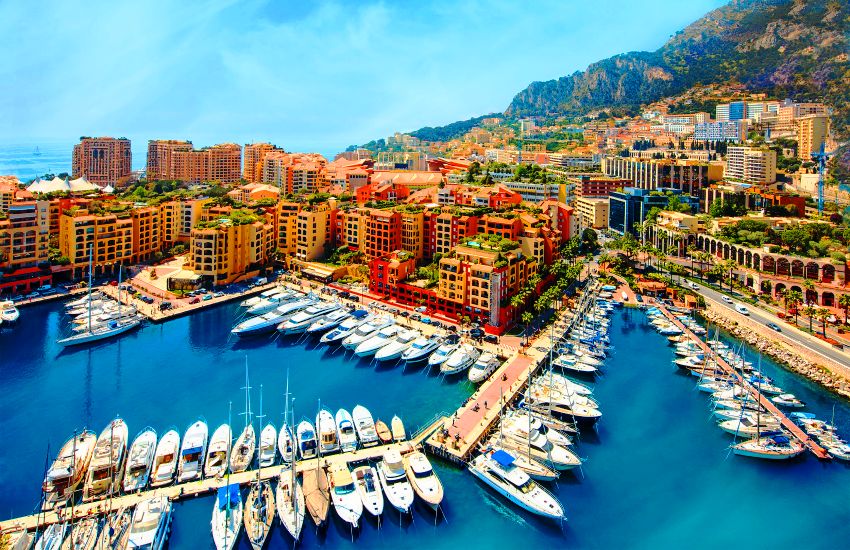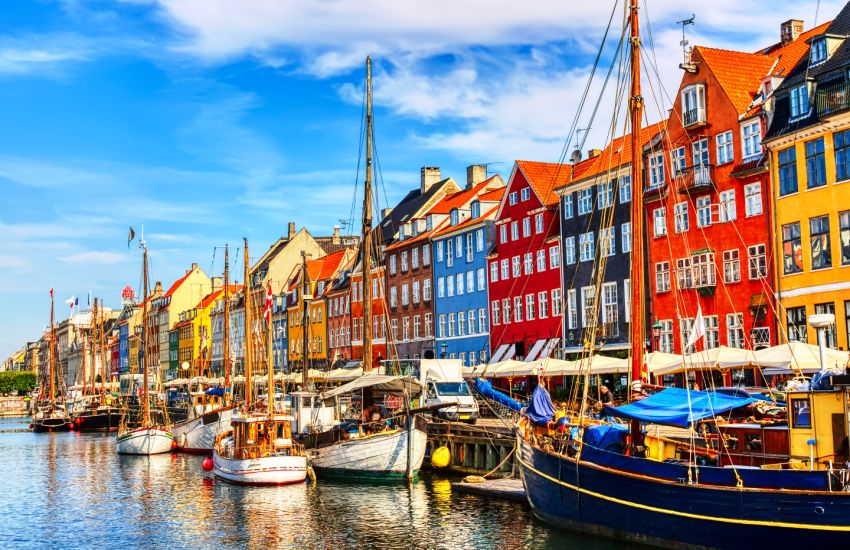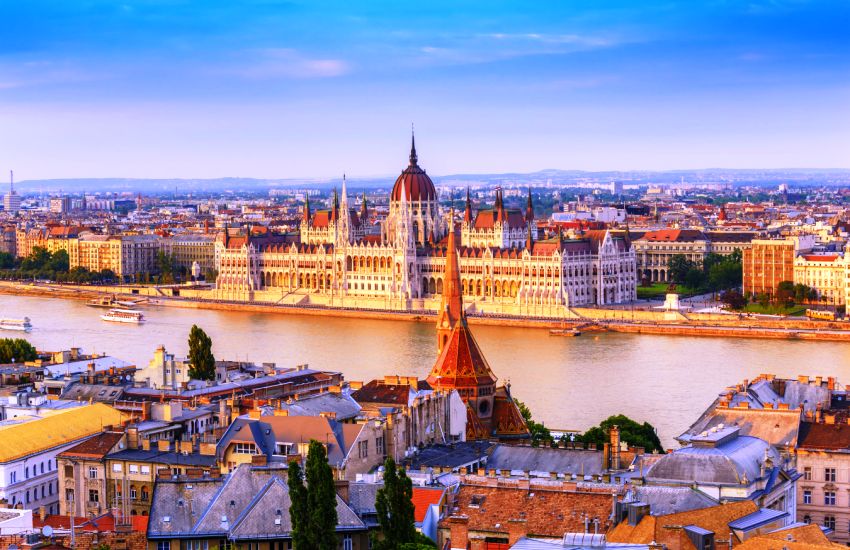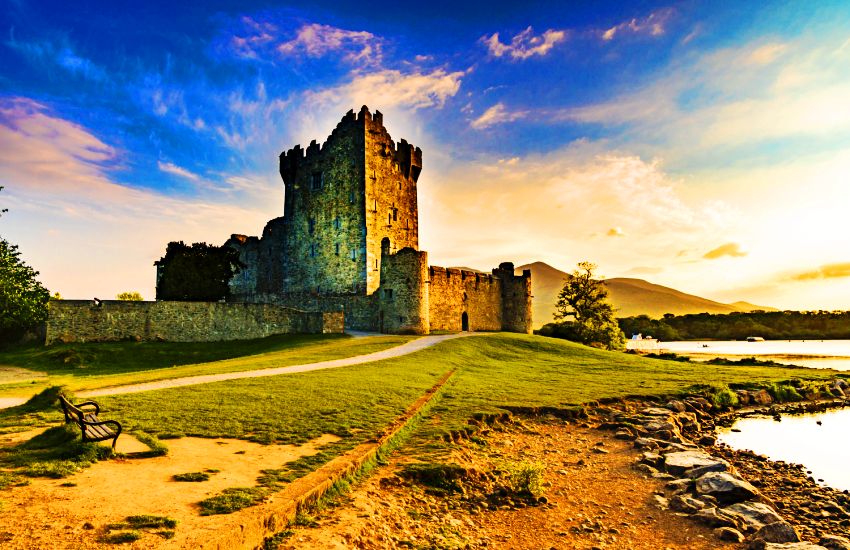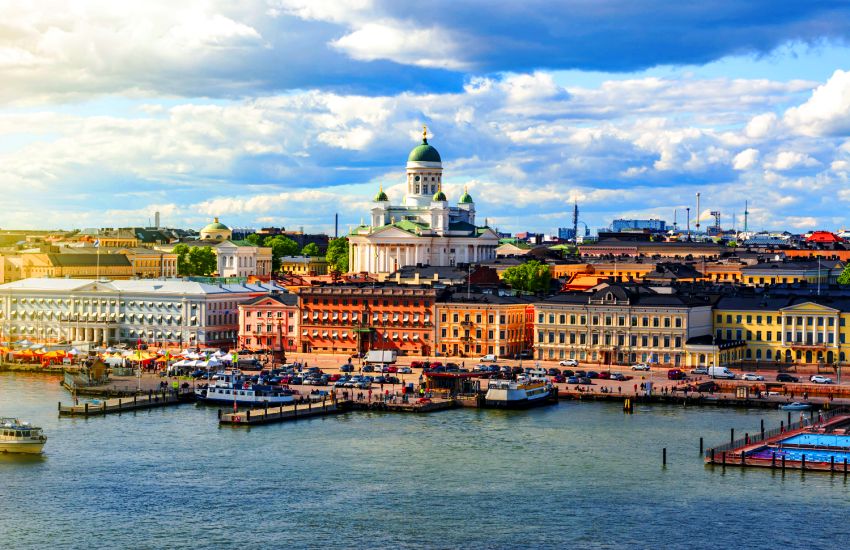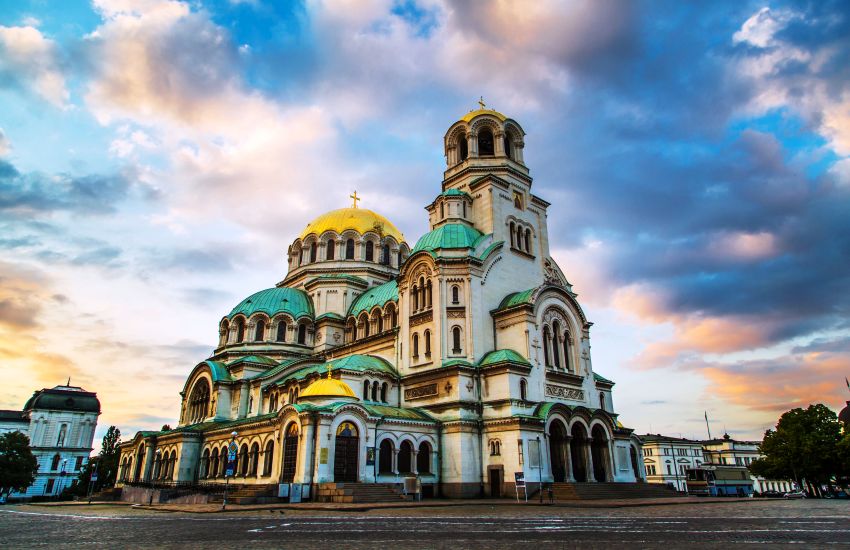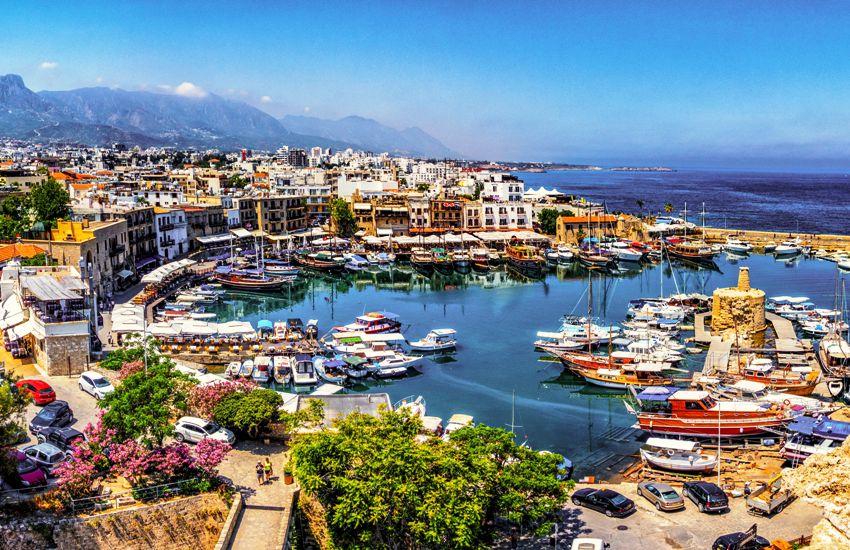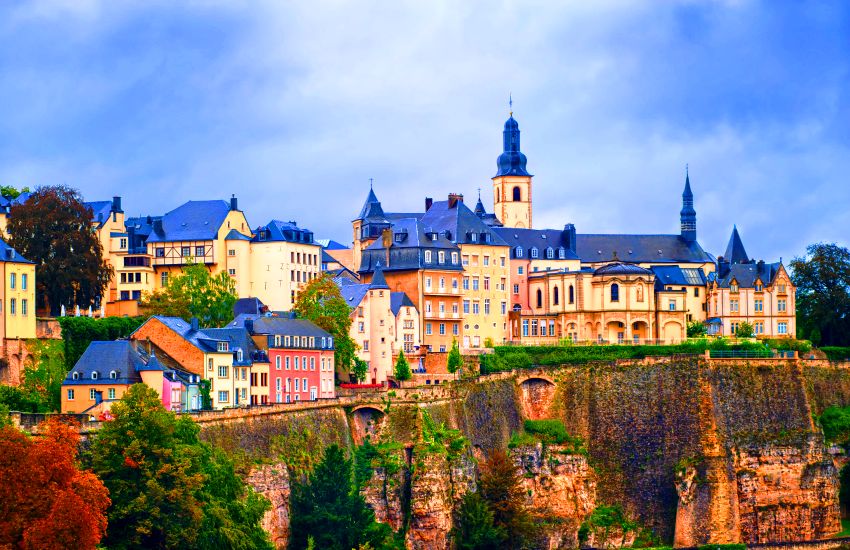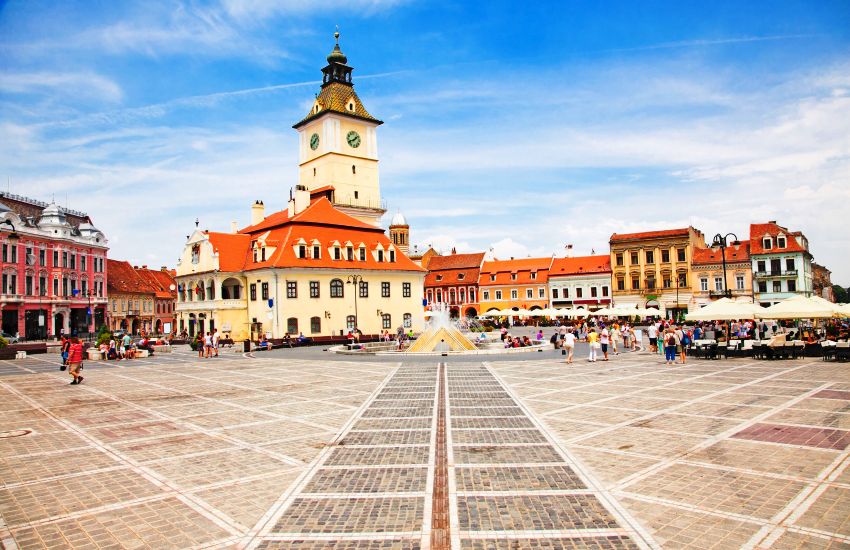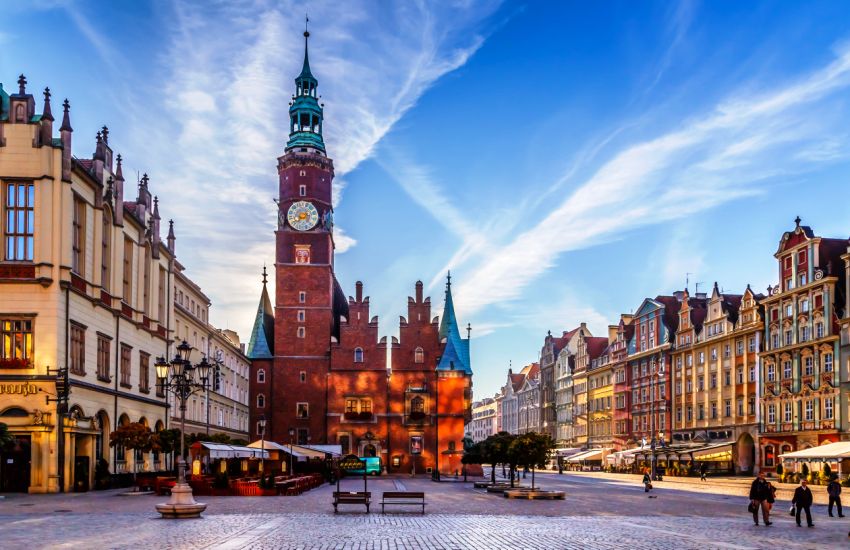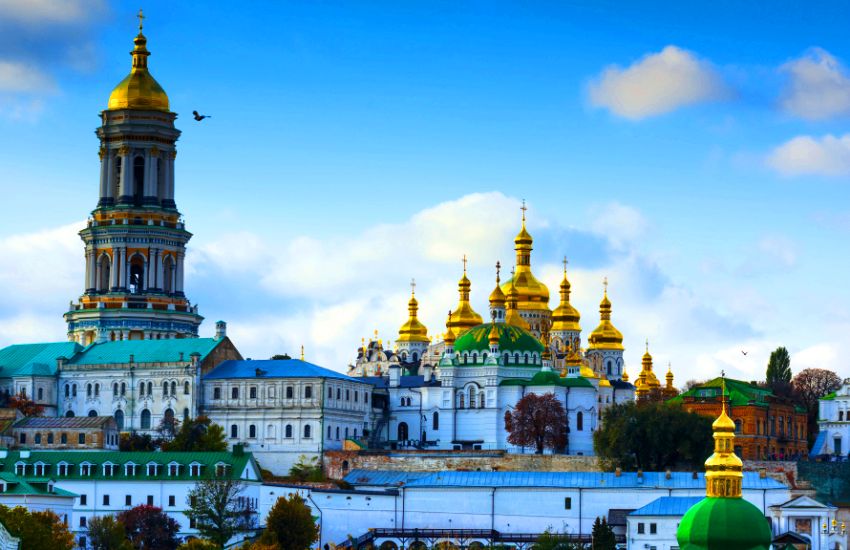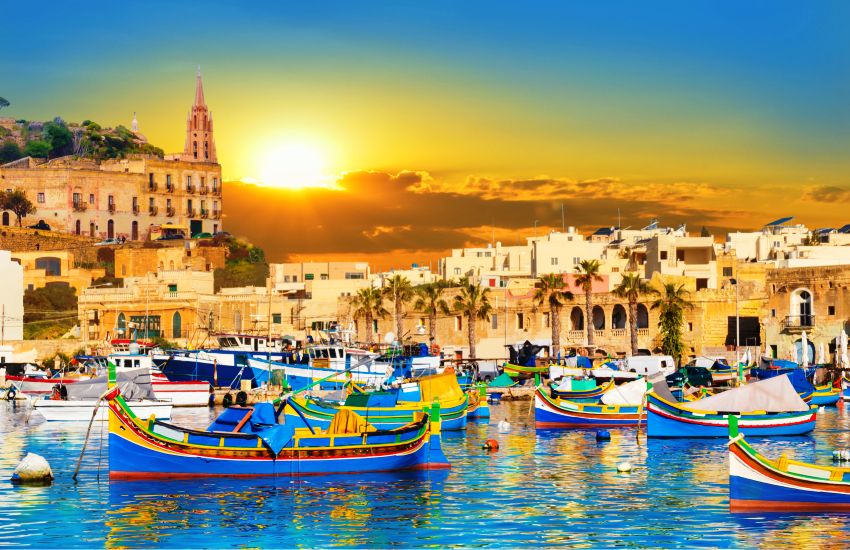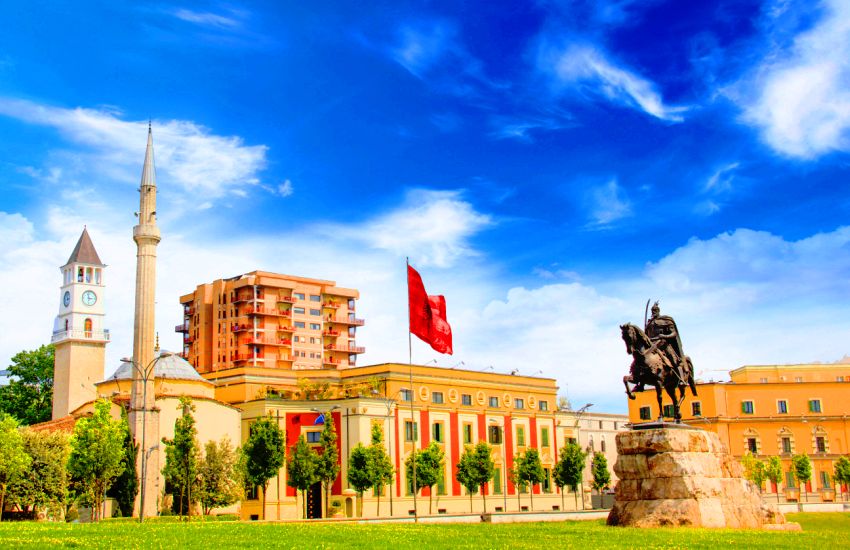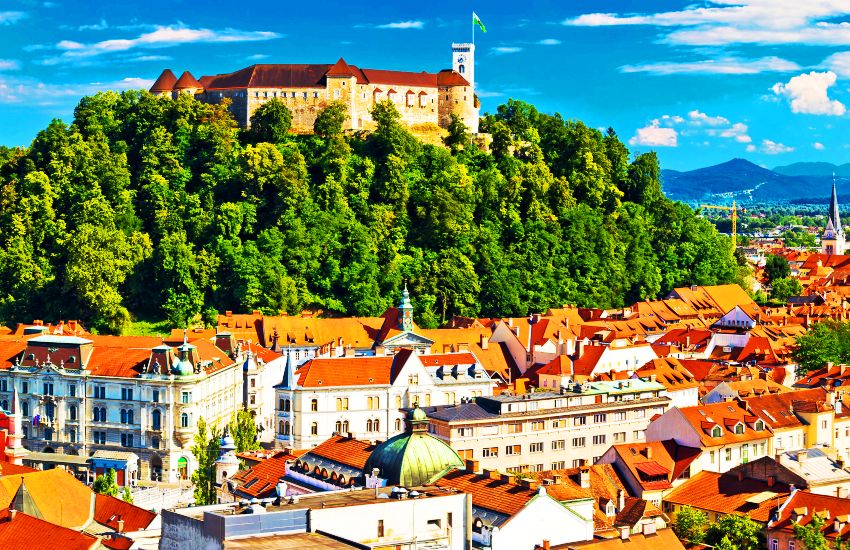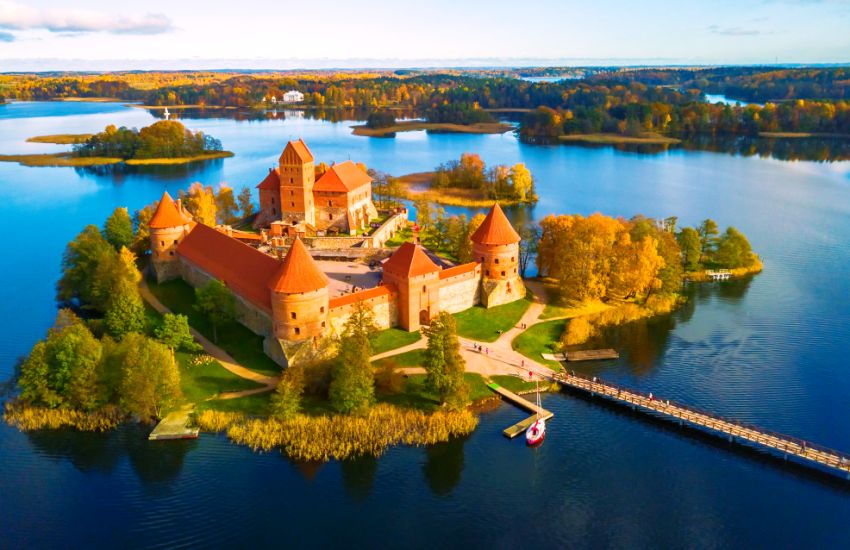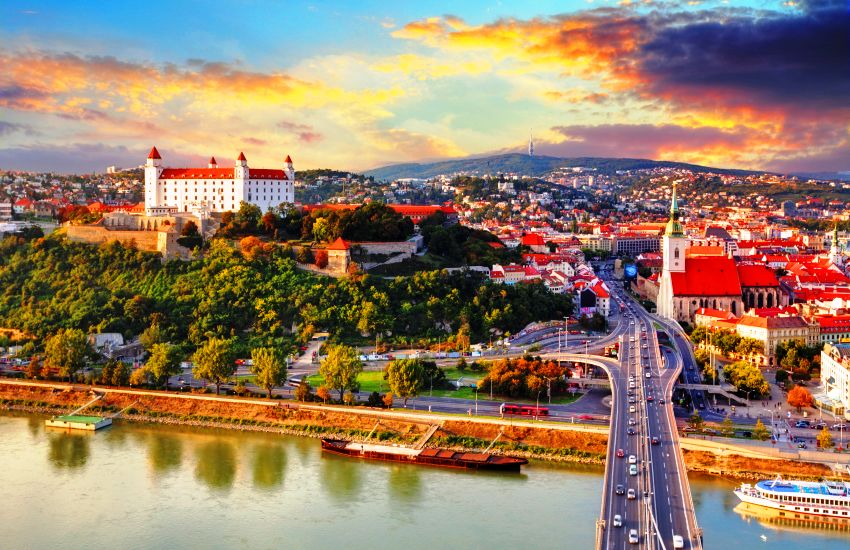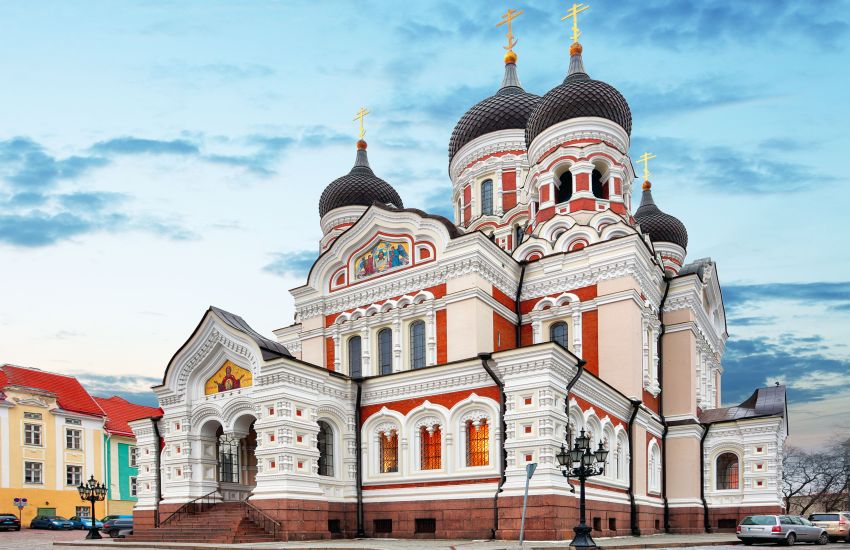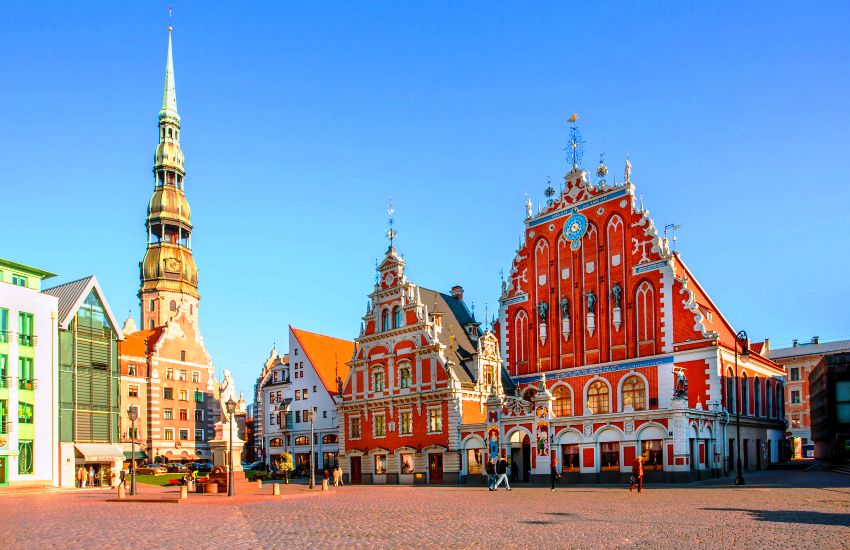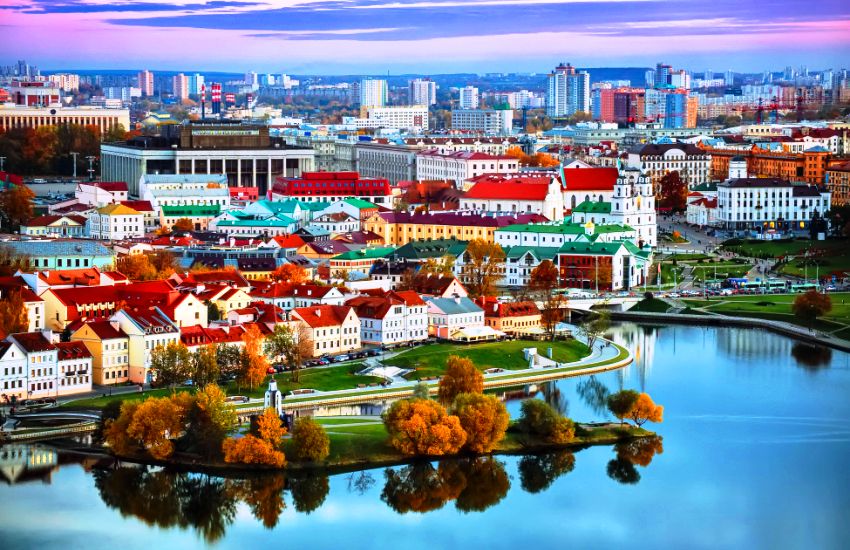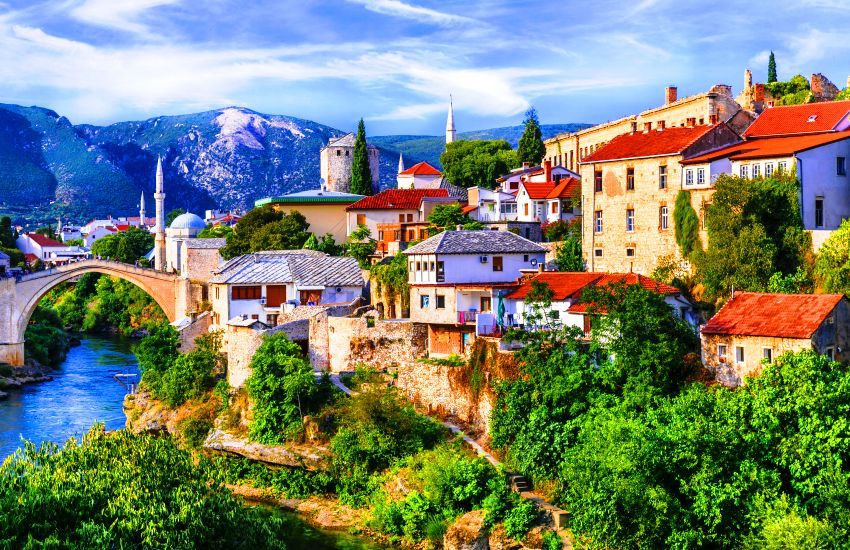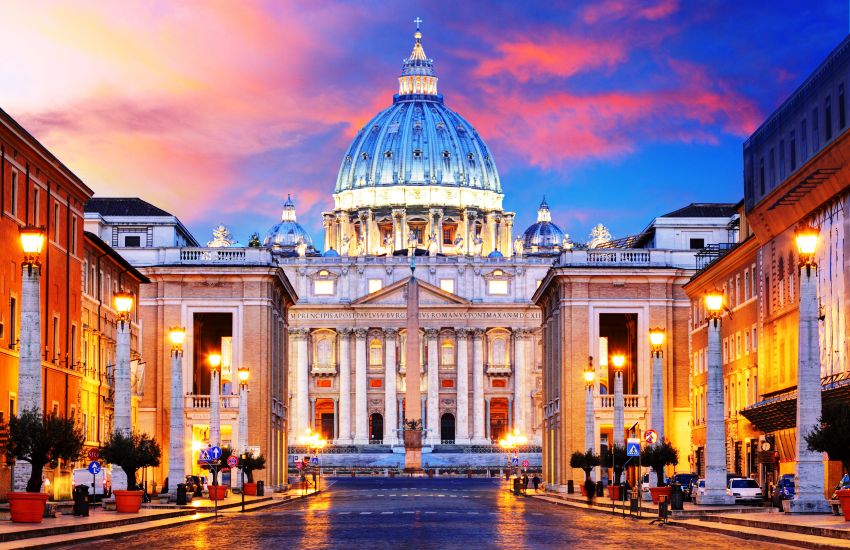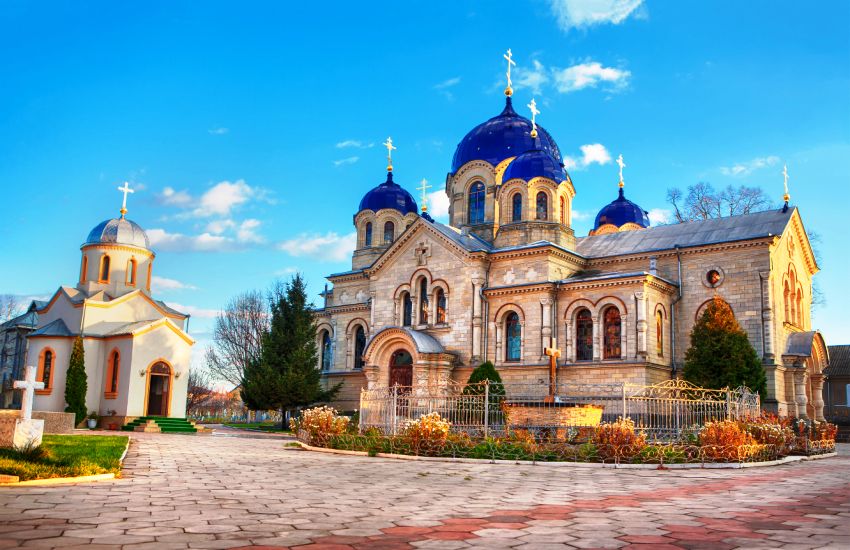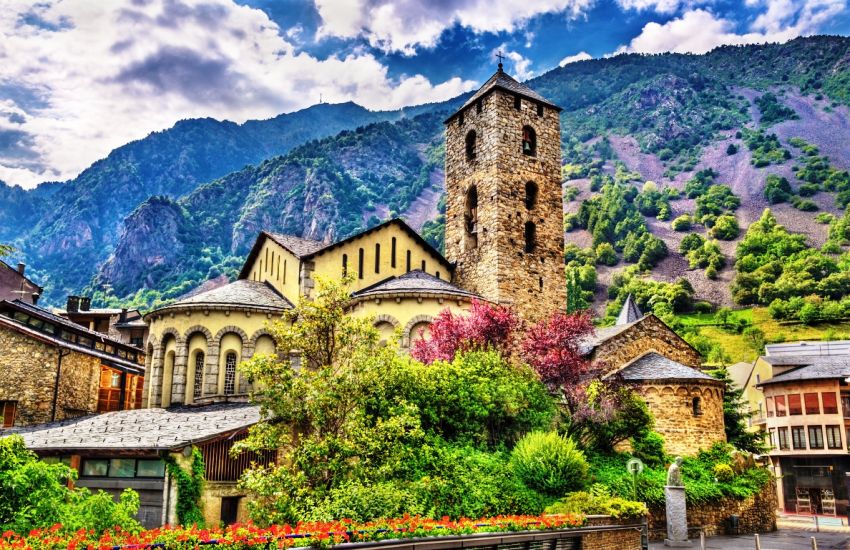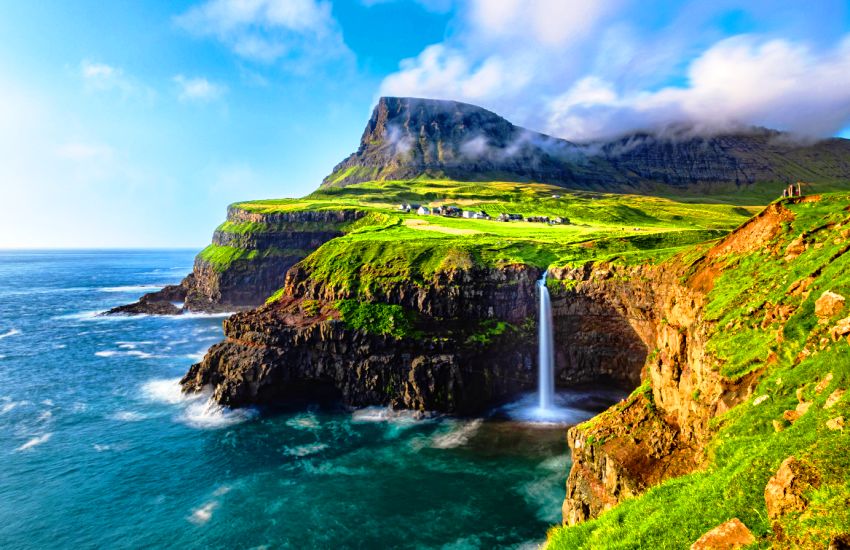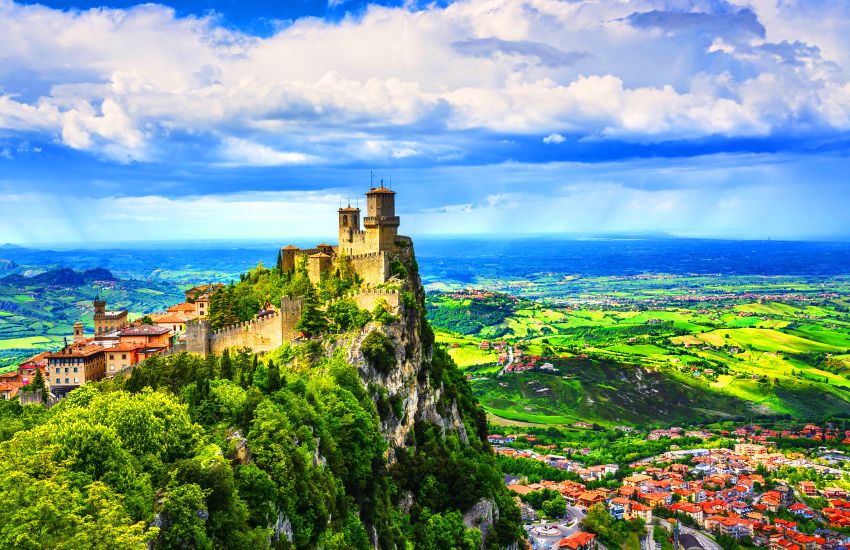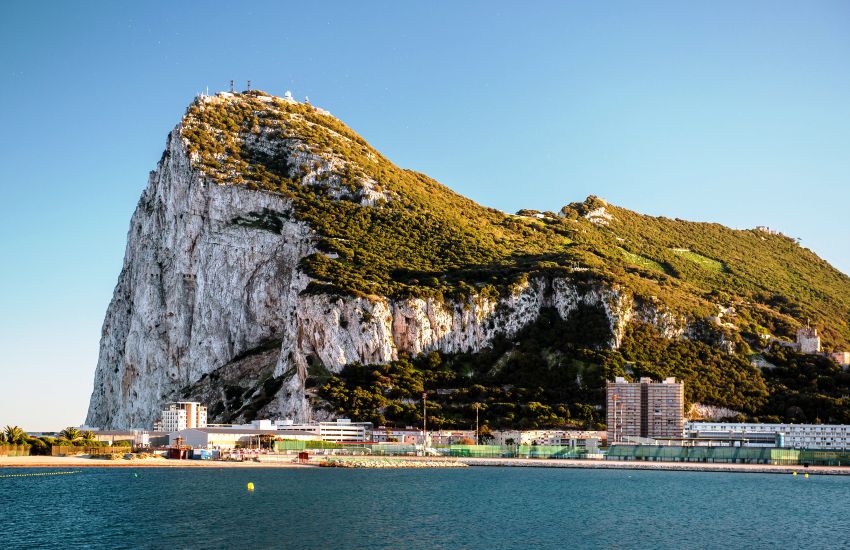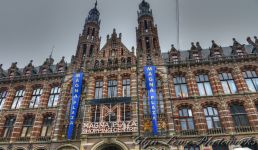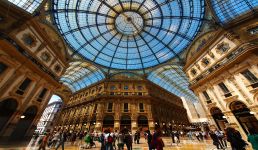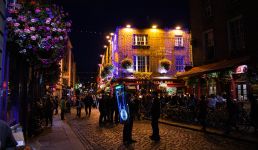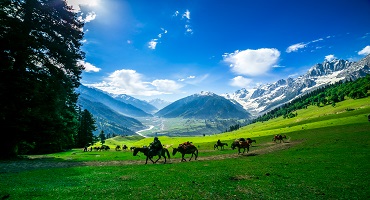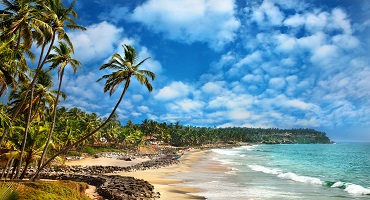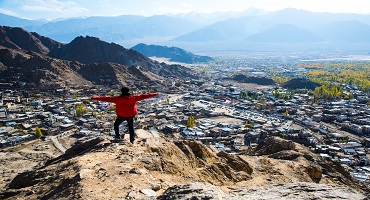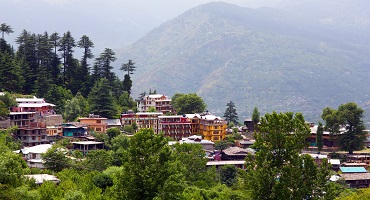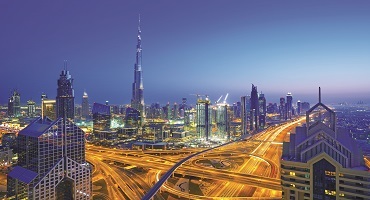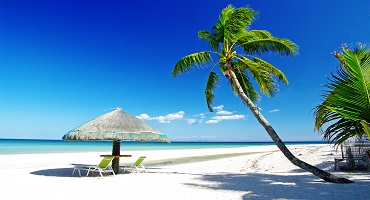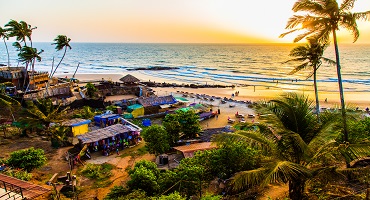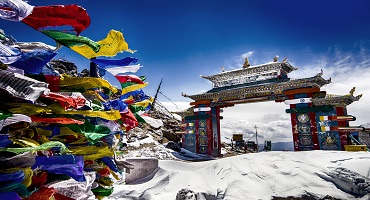European countries and their vibrant cities are known for sightseeing attractions, museums, nightlife, restaurants and more. From France to England, Italy to Germany, there is so much to do. If you are an adventure lover, you can go for scuba diving, trekking, camping and much more. You can catch an opera at Vienna, or go shopping. If you are traveling to Europe for the first time, visiting the Eiffel Tower in Paris would be the first to cross your mind. Below are some of the best places to visit in Europe.
- Switzeraland
- Austria
- UK
- France
- Italy
- Spain
Say the word Europe. It’s the power of one name that evokes an explosion of art, history, beauty, culture, architecture, cuisine, romance, literature…everything you’d want in a vacation spot. Honestly, could anything we say prompt you to book your tickets? (You’re probably doing this as we speak). To answer the previous question, though, yes there is more and more about Europe that many are yet to discover. From tiny towns, to entire countries…Europe still has many tricks up her sleeve. It will be our delight to uncover them with you.
Today, we want you to take a European tour with us – from the remote Faroe Islands in Denmark, to the Champs Elysees in France. Trust us, when we say that none of us have plumbed the depths of Europe Tourism. You may walk away with new places to discover. So, hop on board. This train leaves in 3, 2, 1…
Regions and Highlights
Central Europe
Central Europe will grab your heart and refuse to let go. The diversity, history and art are enough to make your head spin. Start your trip through this part of Europe in the gorgeous Germany. Munich, Hamburg, Berlin, Nuremberg, Dresden, Cologne, Frankfurt – each city is a delight. The Black Forest, the cultural explosion of Berlin, the glitter of Dresden, the efficient rail system, castles…we’d understand why you’d fall in love. However, the rest of Central Europe is still waiting. Austria is next, with the Vienna Hofburg (the gorgeous imperial palace), the spires and cathedrals of Salzburg, the small picturesque town of Hallsatt. It’s a beautiful assault on the senses. Hungary steps up to the plate offering surprisingly beautiful beaches, soothing baths, the Tokaj wine region, the Gothic and Baroque architecture…this is Europe with a tinge of spice. You may overlook Poland in all the rush…don’t. This country offers the smooth Masurian lakes, Krakow’s legendary nightlife, the mighty bison at the Bialowieza National Park, the imposing Carpathian Mountains for skiing, biking or hiking, the serenity of Gdansk, the painful history of Auschwitz and more. Then there’s the country that has captured our screens for decades – Switzerland. The snow, the mountains, the cheese and chocolate. It’s all divine. Other countries to visit in this region include, Slovakia, Lichtenstein and the Czech Republic.
Currency:
Euro, Croatian Kuna, Czech Koruna, Hungarian Forint, Polish Zloty, Swiss Franc
Languages:
Croatian, Czech, French, German, Hungarian, Italian, Polish, Romansh, Slovak and Slovenian
Northern Europe
You may consider Northern Europe as a familiar stomping ground. This part of the continent features some of the busiest and most visited countries in the world. With good reason! Could you imagine more iconic locations than Shakespeare’s town Stratford-upon-Avon, the giant’s causeway in Northern Ireland, the poetic splendour of Wales, the raw beauty of Glasgow, the hometown of the Beatles in Liverpool, the misty cliffs of Cornwall, the elegant and gritty rhythms of London. The UK is a little world in itself! Once you step out of the UK, head to Denmark, where the Copenhagen Zoo, Thy National Park, the charming Egeskov Castle, the Viking burial grounds of Lindholm Hoje and Legoland await. Feel like you’ve seen so much? Just wait for Finland. You get to sleep in a glass igloo, stroll around the wooden town in Helsinki, visit the fortress island of Suomenlinna, explore 40 national parks, ride on a reindeer or husky sleigh. Who would want to miss out on this country? Still haven’t gotten enough from Northern Europe? Norway will sate that appetite. The country has some of the most beautiful train routes, gorgeous cathedrals, castles, the artic circle (where you’ll see the midnight sun) and Tromso Fjords. Other countries to round off your Northern European Tour include Estonia, Iceland, Latvia, Lithuania and Sweden.
Currencies: Danish Krone, Swedish Krona, Pound Sterling, Euro, Icelandic Krona and more
Languages: English, Danish, Swedish, Romani, Finnish, Estonian, Latvian, Icelandic
Western Europe
Western Europe is a mixed bag…in the best possible way. Put your hand in and you’ll pull out a different country, culture, cuisine and history each time. Let’s start with Southwestern Europe’s crown jewel: Spain. The cuisine, the beaches, Salvador Dali’s art, sky diving in Costa Brava, the architecture in Barcelona, charming villages like Siurana, authentic paella at Valencia, the Tomatina festival. Spain is an overload on the senses, and we wouldn’t have it any other way. If iconic locations are part of your travel itinerary, then this next country will please you. A ride on the Seine, the wonder of the Arc de Triomphe, the Louvre, Eiffel Tower, the Palace of Versailles, French cooking and patisseries, Disneyland Paris…you’re going to be busy here. Calm things down by heading to Belgium where you can enjoy the craft beers, waffles, chocolates, museums in Bruges, the slick nightlife of Antwerp, the wilderness of Ardennes. Continue your tour of Western Europe with a wander through Luxembourg. This country is home to the Notre Dame Cathedral, the cheerful Parc Merveilleux, the stern Echternach Benedictine Abbey, the imposing Walls of Corniche, the stunning Palace Guillame and the scenic town of Vianden. Other countries in Western Europe include Ireland, Monaco, the Netherlands, Portugal, Andorra.
Currencies: Euro
Languages: French, Portuguese, Spanish, Italian, English, Gaelic, Catalan, Dutch and more
Southern Europe
The sun smiles, no beams, on this part of Europe. Vineyards bake and bloom in its heat, beaches warm under its gaze, sunshine amplifies every colour of these landscapes. If beauty is what you’re seeking, then beauty is what you’ll find in Southern Europe. Let’s start with incredible Italy, where Vesuvius waits, where Lake Como ripples, where art shines in Uffizi, where the Colosseum stands proud, where Amalfi glitters. Or turn your gaze to gorgeous Greece, where you can tour the Acropolis, climb Mt. Olympus, take in the blinding blue and white beauty of Santorini, hear the echoes of art in Epidaurus Theatre, dive into the depths of the Melissani Caven and hike the Corfu trail. Or if you enjoy the more rugged side of Europe, why not take a trip to Montenegro and enjoy the combination of beaches in Budva, churches in Herceg Novi, the bridge across Tara Canyon, a hike in Durmitor National Park, the museum town of Kotor and more. Or better yet, snuggle into the mythical magic of Malta, with its earlier tiled capital of Mdina, gorgeous gardens, shipwrecks under the waters, old forts, underwater caves in Comino and Isle of MTV. This is Europe at its sunniest and best. Other countries in Southern Europe include Corsica, Bosnia and Herzegovina, Albania, East Thrace, Turkey, Cyprus, Kosovo, North Macedonia and others.
Currencies: Euro, Albanian Lek, Turkish Lira, Second Macedonian Denar
Languages: Italian, Greek, Montenegrin, French, Bosnian, Albanian, Turkish, Macedonian
Eastern Europe
Head to the eastern half of Europe and you’ll feel like you’ve stepped into a different world. Croatia, Russia, Bulgaria, Estonia, Romania, Ukraine and Serbia all hold distinct identities and a distinct beauty. Explore the charming coast of Croatia when you visit the gorgeous city of Dubrovnik, climb the Spanjola Fortress in Hvar, explore the charming backstreets of Korcula, dive into the pools made by the Krka waterfall, see the turquoise blue Plitvice lakes. Explore St. Petersburg in Russia (we must note that only a portion of Russia is in Europe), with its grand summer palace, cathedrals and majestic city centre. Or explore Europe’s best kept secret – Estonia. This small coastal country is packed to the brim with massive national parks like Lahemaa, the Haapsalu Castle, the gran Estonian History Musuem, the Alexander Nevsky Cathedral, the silky Jagala waterfall, Karula National Park and more.
Currencies: Bulgarian Lev, Croatian Kuna, Euro, Ukranian Hryvnia, Russian Ruble, Romanian Leu, Serbian Dinar
Languages: Estonian, Ukranian, Romanian, Russian, Croatian, Bulgarian, Serbian
There are 44 countries in Europe and different regions classified by different lists. Some countries, in different lists, are part of different regions (for instance, some of the Central and Eastern European countries are often swapped). This is just a small summing up of the European continent. It is, by no means, an exhaustive or fixed list of regions.
Interesting facts about Europe
- Europe is the second smallest continent in the world, just ahead of Australia
- It’s home to the largest country in the world – 40% of Europe is covered by Russia alone
- It is actually only 2 percent bigger than Canada, in terms of land mass
- Some of the world’s greatest empires - Roman, Spanish, British and Russian were founded and flourished in Europe
- Europe is part of Eurasia, the giant continental landmass that includes Europe and Mainland Asia
- The continent’s most visited tourist destination is Disneyland Paris
- Bulgaria is considered to be the oldest country in Europe (its name hasn’t changed since 641 AD)
Location of Europe
Look in the Northern and Eastern Hemispheres and you’ll notice this beautiful continent. It is bordered in the North by the Artic Ocean, in the west by the Atlantic Ocean, in the east by Asia and in the south, the Mediterranean Sea. It takes up the westernmost chunk of the Eurasian continent. What separates it from Asia is the watershed divides of the Ural and Caucasus Mountains, the Caspian Black Seas, Turkish Straights and the Ural River.
Best time to visit Europe
Europe is vast, and each country has its own seasons. However, in general, the high tourist season is from June to August. Long sunny days, pleasant climates in Northern Europe and warm temperatures in Southern Europe usually attract the highest number of tourists in the year. Do book in advance during this season, as prices shoot up. You may also need to do a bit more research on the countries you are planning to visit, to confirm the general patterns of the season. So choose the best time to visit Europe wisely
How to Reach Europe
By Air: Europe is very accessible from India and several Indian cities have direct flights to European countries. Delhi, Mumbai, Bangalore and Chennai offer a myriad of daily flights from carries like Air France, Aeroflot, Lufthansa, Finnair, Virgin Atlantic and more. The flight duration ranges between 8-12 hours and prices are dependent on when you choose to book your tickets.
By Train: Although the continent is not accessible from India by train, it’s worth noting that you can travel through Europe by taking the extensive network of trains. International trains like InterCity Express, Eurostar and Thalys offer great travel. However, ticket prices will vary. You can avail of a Eurail pass, which is allowed in 18 different European countries. You can also check out more ways on How to Reach Europe.
History of Europe
The first mention of the name “Europe” as a geographical location was recorded in a Homeric Hymn written for the god Apollo (it was mentioned as the western shore of the Aegean Sea). As a defined part of the world, the name was first used by Anaximander and Hecataeus (Greek philosophers and historians, respectively). In the 5th century Herodotus, a Greek historian, maintained that the world was split into three: Europe, Asia and Libya (Africa). The cultural definition and geography of Europe was formed over time (creating boundaries between Europe and Asia). It was in the Middle Ages when the traditional division between Europe and Asia (Eurasia) started to solidify. Mapmakers though continued to argue the division well into the 19th century. Although the lines are mostly established in modern times, there continues to be small changes and older boundaries represented in certain maps.
You have so many choices ahead of you. Luckily, we’re here to help you make this decision. Head to our Europe Holiday Packages and make your European dreams come true.





